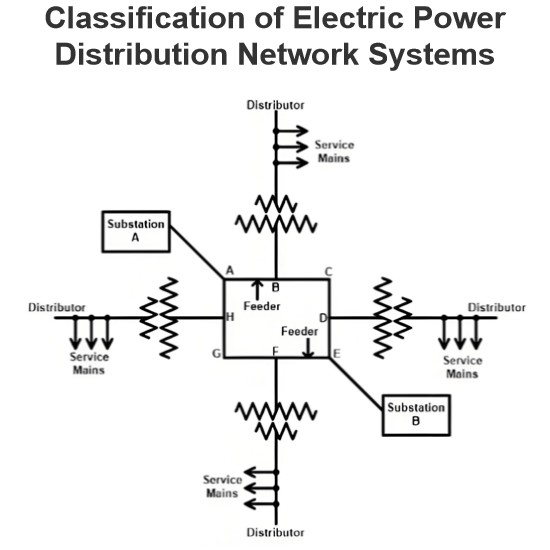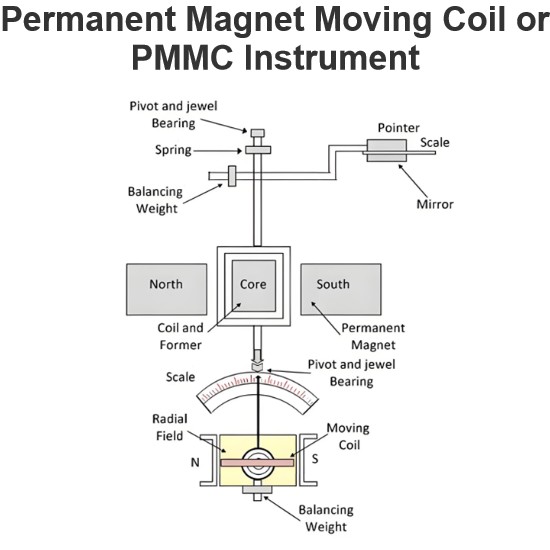Annealing Test for Wires and Conductors

This test is normally carried on annealed copper wires, aluminum wires for welding cables and solid conductors of electric power cables. The current carrier conductors of power cable is subjected to twist and bend during laying and installation hence it should be flexible enough to take any desired bending and twisting without breaking and cracking. Annealing test for wires and conductors is performed to confirm the durability of conductor during twisting and bending.
Process of annealing test for wires and conductors
A specimen of conductor of cable is taken. The specimen should be of at least specified gauge length that is the sampled length of that conductor on which test result is measured. The total length of the specimen should be its gauge length plus the lengths at two ends which are used for holding the specimen by tensile test machine holder grips.
A tension test machine is used for this purpose. The Tensile Testing Machine is an Automatic one, having capacity to meet the requirement of this test and the rate of separation of jaws as specified. The grips shall be such as to firmly hold the test specimen. This test also requires a Plane Faced Micrometer with scale division at least 0.01 mm and a measuring scale with least scale division 1 mm. Here only one specimen of test material is required for performing this test. Moreover the specimen is not required to pre conditioned before test. After the specimen is fixed between grips of the machine, tensile stress is applied gradually and uniformly that means the gap between the grips is increased gradually and uniformly till the specimen conductor gets fractured. The rate of elongation of specimen i.e. rate of increase of gap between grips of the machine should not be more than 100 mm per minute.
The elongation is measured on the gauge length after the fractured ends have been fitted together. The elongation is expressed as a percentage of the original specimen gauge length. Main observation of annealing test for wires and conductors is that whether the specimen meets or does not meet the specified maximum allowed elongation. Plane Faced Micrometer with scale division at least 0.01 mm is used to measure the diameter of the specimen used in the test.
If L is the length of the specimen and L’ is the length of the entire specimen after it gets fractured due to elongation. More precisely, L’ is the summation of the length of two fractured parts of the specimen. Then percentage elongation would be expressed as
Tabulation of Observations of Annealing Test
Diameter of Circular Wire in mm |
Size of Shaped Solidal Conductor in mm2 |
Original Gauge Length, L in mm |
Length After Fracture, L’ in mm |
Elongation (L’ – L) in mm |
– |
– |
– |
– |
– |
– |
– |
– |
– |
– |
Calculation

Where, L = original gauge length of specimen
and L’ = elongated length of specimen
Report
Sample No |
Diameter of Circular Wire |
Size of Shaped Solidal Conductor |
Elongation, percent |
|
Observed |
Specified |
|||
– |
– |
– |
– |
– |
Conclution :
Specimen meets/does not meet the requirements of specification.
Statement: Respect the original, good articles worth sharing, if there is infringement please contact delete.
Electrical4U is dedicated to the teaching and sharing of all things related to electrical and electronics engineering.













